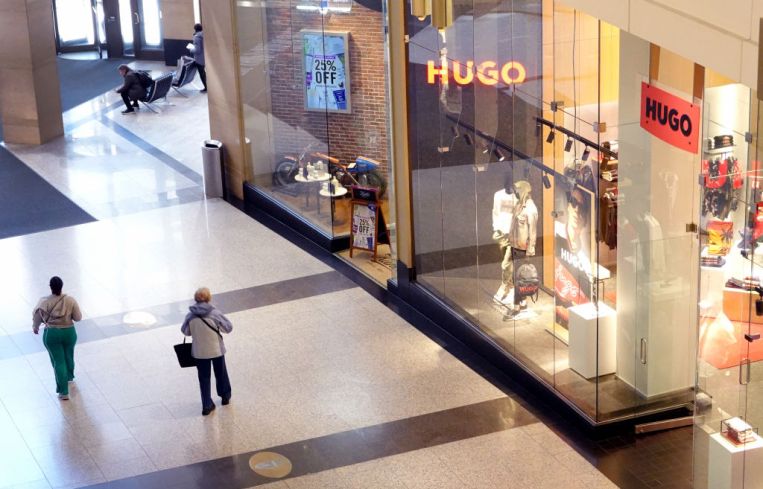Retail Leasing Slows Nationally as Availability Remains Historically Low
By Celia Young May 11, 2023 5:02 pm
reprints
Retail leasing slowed nationwide in the first quarter of the year as a lack of available space kept the market tight, despite a rash of bankruptcy filings by major stores, according to data firm CoStar.
Retailers took 13.2 million square feet of space off the market in the first quarter, a 57 percent decline from the 31 million square feet leased in the first quarter of 2022, according to CoStar.
But strong post-pandemic demand for shopping, which kept stores from shuttering, plus a slowdown in new retail developments helped push the availability rate down from 5.1 percent in the first quarter of 2022 to 4.7 percent in the first quarter of this year, its lowest level on record since CoStar started tracking the U.S. retail market in 2007.
“If you’re not building anything new, you see strong demand and you don’t have tenants vacating thousands of stores a year through bankruptcies and closures, eventually you get to a point where the market becomes very tight,” Brandon Svec, CoStar’s national director of U.S. retail analytics, said.
While national retailers such as Bed Bath & Beyond, Tuesday Morning and David’s Bridal filed for bankruptcy at the beginning of this year, their store closures aren’t likely to raise the availability rate that significantly, Svec said.
“We’re hearing from a lot of our brokers and owners that a lot of that space has already been called for,” Svec said. “Our expectations are that three-quarters of those spaces will be filled within the next year, and as such it’s not going to be destabilizing to the market by any means.”
All told, the three companies lease 29.2 million square feet of retail space in the country, with Bed Bath & Beyond having the largest footprint, at 21 million square feet, Svec said.
Bed Bath & Beyond filed for Chapter 11 in April and announced that it would close its 360 stores and 120 Buy Buy Baby locations, while Tuesday Morning plans to shutter some of its 480 outposts after its February bankruptcy filing and David’s Bridal could cut some or all of its nearly 300 shops if it fails to find a buyer for the company.
Meanwhile, sales of retail properties fell by 48 percent from the first quarter of 2022 to the first quarter of 2023, from $30 billion to $15.5 billion, according to CoStar. High interest rates have made it more expensive to finance the purchase of any commercial property, cooling investor demand for retail buildings, Svec said.
“Commercial real estate in general, and retail real estate specifically, is still too expensive relative to the cost of financing and relative to the returns available on other asset classes — specifically the Treasury or corporate bond market,” Svec said. “We expect sales to continue to underwhelm and to continue to add at an anemic pace until pricing falls.”
Celia Young can be reached at cyoung@commercialobserver.com.


![Spanish-language social distancing safety sticker on a concrete footpath stating 'Espere aquí' [Wait here]](https://commercialobserver.com/wp-content/uploads/sites/3/2026/02/footprints-RF-GettyImages-1291244648-WEB.jpg?quality=80&w=355&h=285&crop=1)
